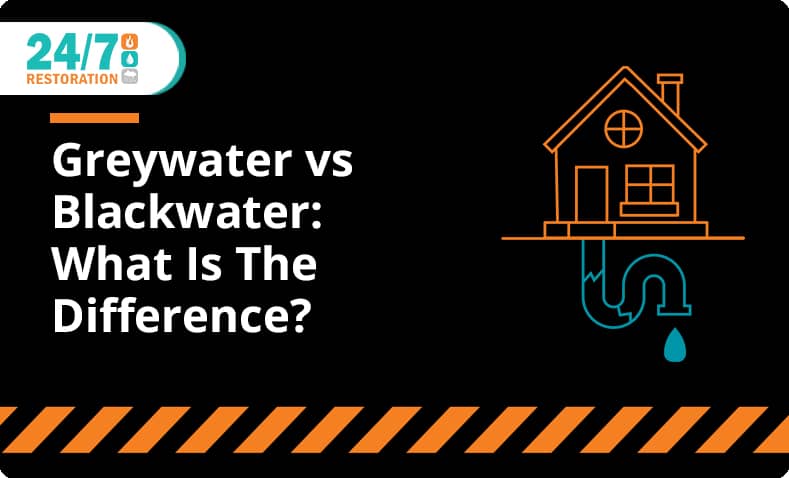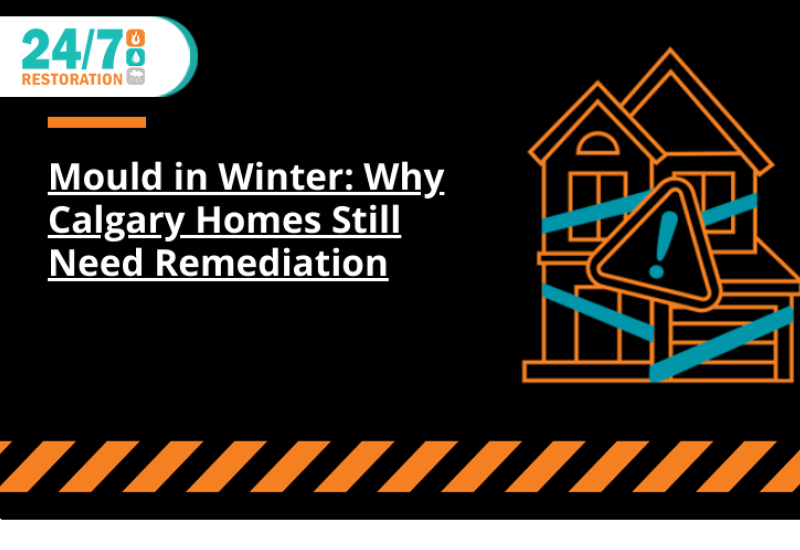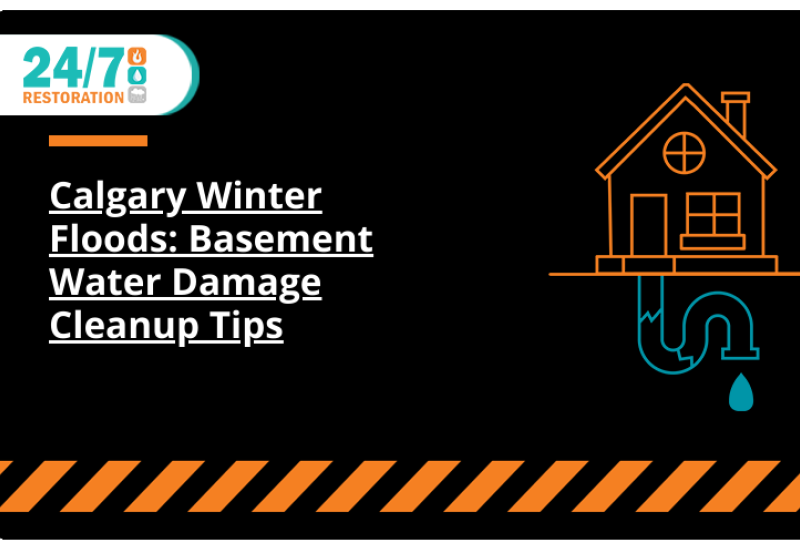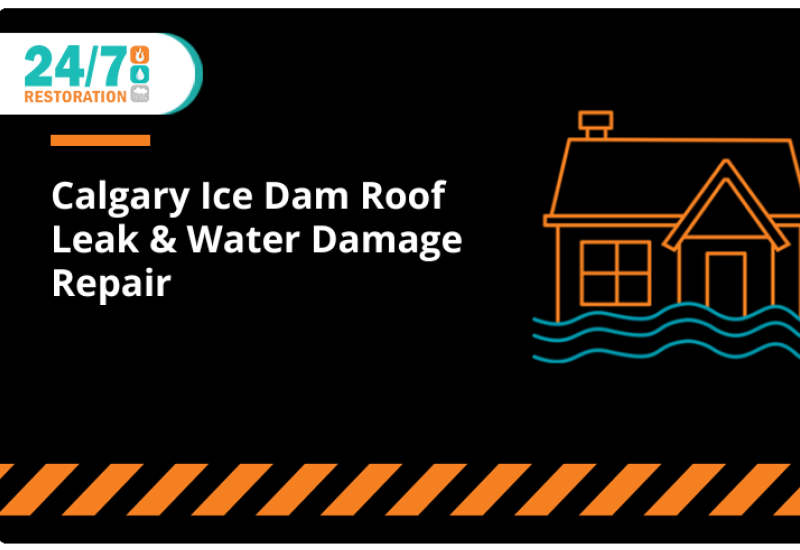The Different Types Of Wastewater
Blackwater
This is wastewater from bathrooms and toilets. This water can contain feces, urine, or other bodily waste and is considered biohazardous. The more common name for blackwater is sewage, and this unsafe, heavily contaminated water needs to be carefully disposed of since the amount and type of bacteria that grows in this wastewater can cause severe illness. Floodwater may also be considered blackwater, if the overflow from bodies of water mixes with sewage lines that are flooded. For this reason, people should avoid floodwater, even if it is only a small flood.
When a home has a sewage backup, don’t touch the contaminated water and if you have to go through it (for example if you need to get to the power box to turn the power off for safety reasons) make sure you are wearing waterproof boots, gloves, and a respirator. Do not breathe in the air around a sewage backup. If you touch any of the water, immediately wash your skin and clothes.
Greywater
This is the used water from sinks, showers, and washing machines. Although this wastewater has bacteria and other particles, such as hair, small pieces of food, and more, it can still be filtered and reused. Even unfiltered greywater can be recycled and used to water plants as long as there are no chemicals in it. Greywater from sinks can be especially beneficial for irrigation purposes, as the food particles in the water can help nourish plants.
When greywater backs up, it has the potential to be dangerous because the water may contain bacteria. If there is greywater backup in your home, wear boots and gloves if you need to come into contact with the water. This type of backup can also cause damage to your home, as flooding can lead to the growth of mold on the drywall, carpet, and furniture. If left to sit, greywater can develop into blackwater. While this type of water still doesn’t contain human waste, the bacteria in it can increase to unsafe levels that parallel those in blackwater.
Sewage Backup Restoration In Calgary
If your home has a sewage backup or greywater backup, call a cleanup crew right away. Having a sewage cleanup service fix the backup as soon as possible will help keep you, your family, and your home safe from the bacteria and microbes in the water that can contaminate your home. Do not attempt to clean a sewage backup yourself. It should only be cleaned by sewer backup cleanup companies to ensure full decontamination and limit any risk of mold growth after cleanup. If you have a sewage backup or greywater backup, call 24/7 Restoration in Calgary. Our experienced cleanup team is skilled at managing, cleaning, and treating dangerous sewage. We are equipped to handle all sewage issues, including hazardous Category 3 water contaminations. No matter when disaster strikes, call 24/7 Restoration at 1-403-247-4365 or fill out the online contact form with any questions.
FAQ
Q: Can I use bleach to clean up my sewage backup?
A: No. While bleach kills 99% of common household germs it DOES NOT remove or kill the contamination caused by blackwater. While bleach may clean the stains associated with a sewer backup the contamination left behind still poses significant health risks.
Q: How quickly can mold start to grow if the water is not properly removed?
A: Mold can start growing within 72 hours of exposure to moisture.
Q: Does 24/7 Restoration charge for estimates?
A: Our estimates are 100% free and we are committed to being super responsive when flooding occurs in your home or business.




